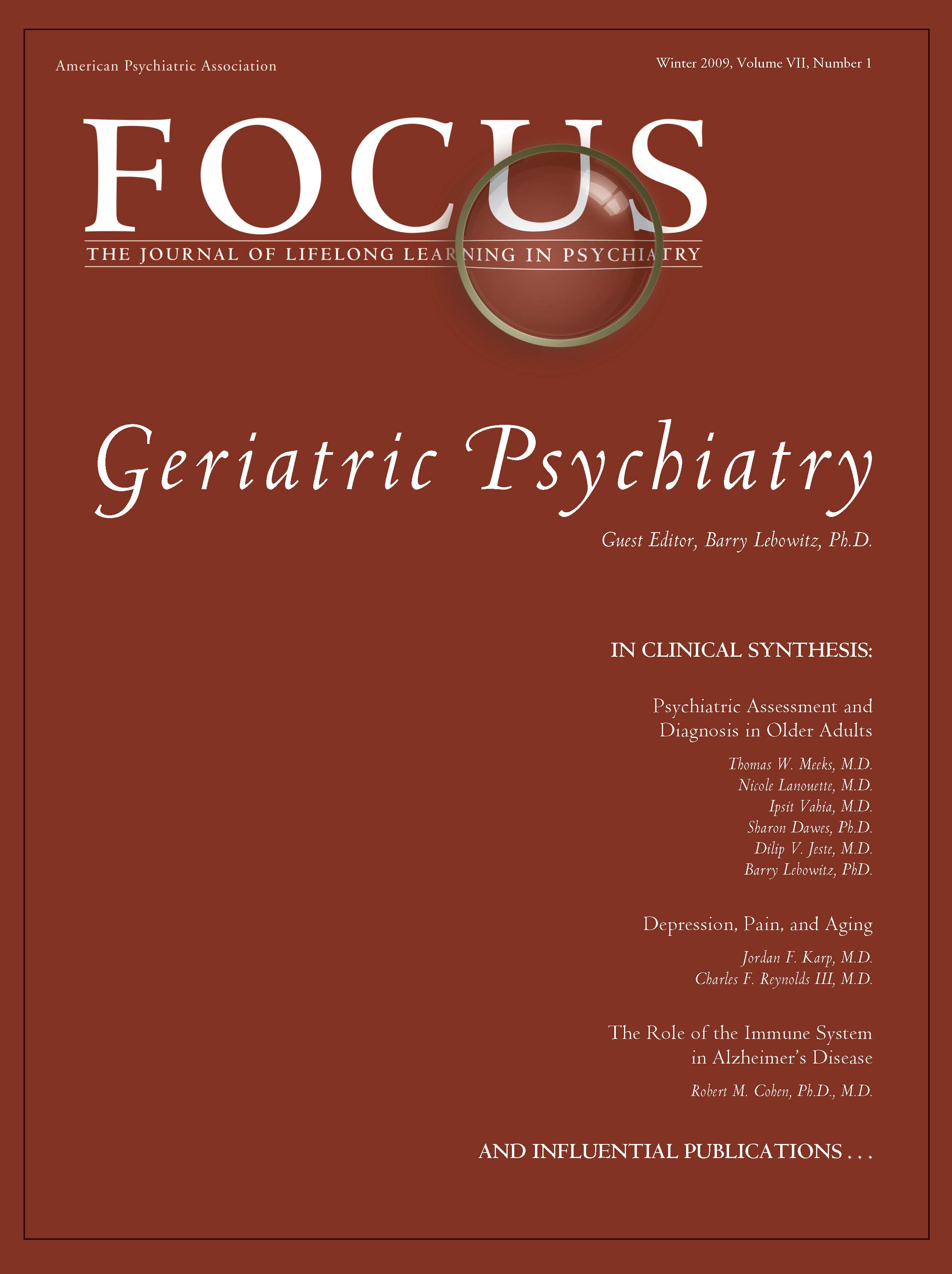Definitions and Predictors of Successful Aging: A Comprehensive Review of Larger Quantitative Studies
Abstract
Objective:
There is no consensual definition of “successful aging.” Our aim was to review the literature on proportions of subjects meeting criteria and individual components of definitions of successful aging as well as correlates of these definitions. Methods: We conducted a literature search for published English-language peer-reviewed reports of data-based studies of adults over age 60 that included an operationalized definition of successful aging. The authors categorized the components of these definitions and independent variables examined in relation to successful aging (e.g., gender, education, and social contacts). Results: The authors identified 28 studies with 29 different definitions that met our criteria. Most investigations used large samples of community-dwelling older adults. The mean reported proportion of successful agers was 35.8% (standard deviation: 19.8) but varied widely (interquartile range: 31%). Multiple components of these definitions were identified, although 26 of 29 included disability/physical functioning. The most frequent significant correlates of the various definitions of successful aging were age (young-old), nonsmoking, and absence of disability, arthritis, and diabetes. Moderate support was found for greater physical activity, more social contacts, better self-rated health, absence of depression and cognitive impairment, and fewer medical conditions. Gender, income, education, and marital status generally did not relate to successful aging. Conclusion: Despite variability among definitions, approximately one-third of elderly individuals were classified as aging successfully. The majority of these definitions were based on the absence of disability with lesser inclusion of psychosocial variables. Predictors of successful aging varied yet point to several potentially modifiable targets for increasing the likelihood of successful aging.
(Reprinted with permission from American Journal of Geriatric Psychiatry 2006; 14:6–20)



